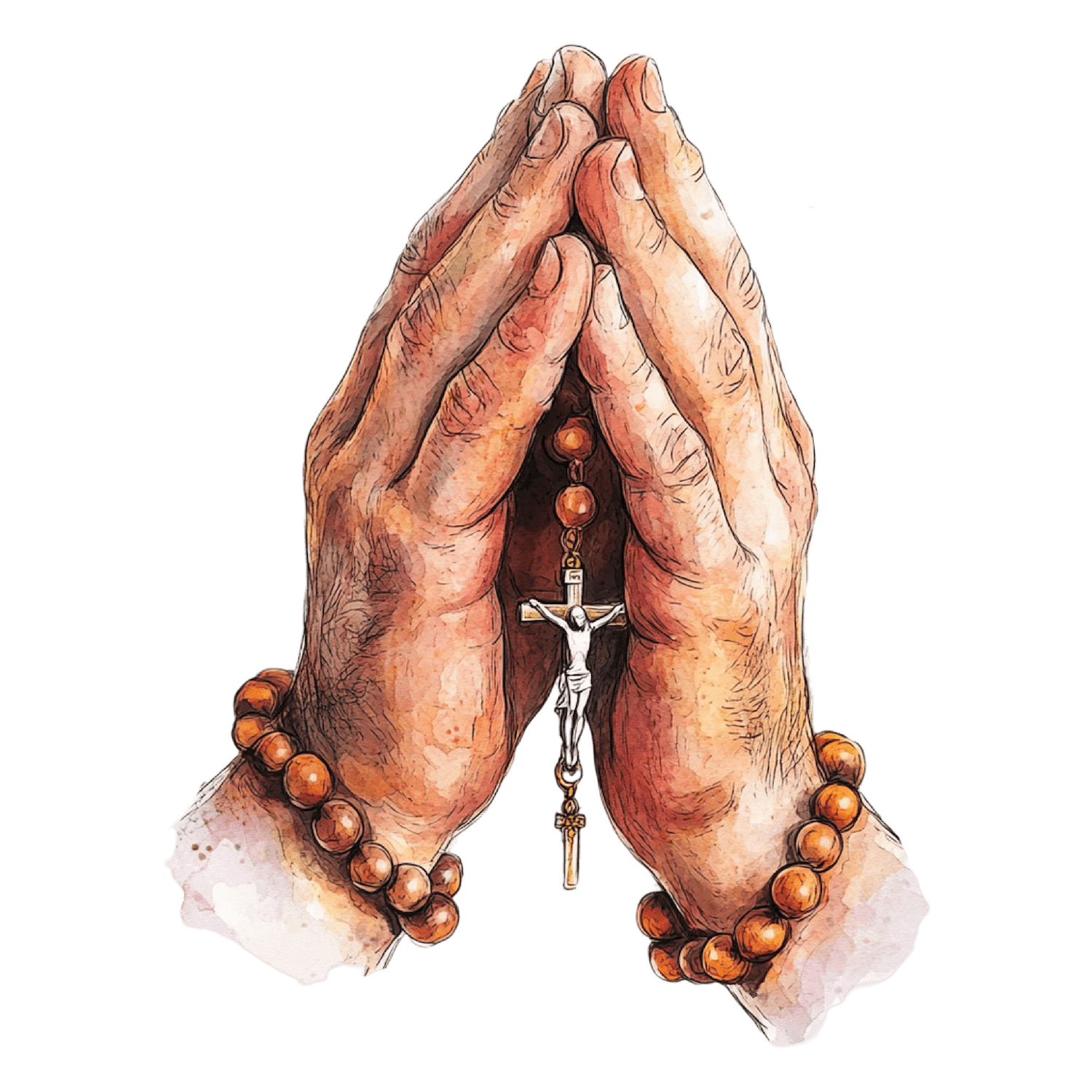When you’re new to faith, the Bible can feel overwhelming. Where do you even start? Is there a right or wrong way? What if it’s hard to understand?
First, take a deep breath.
The Bible isn’t meant to be a confusing textbook. It’s a love letter from God — His story of redemption, hope, and His invitation for you to know Him personally.
You don’t have to read it all at once. You don’t have to understand everything immediately.
You just have to start.
What Is the Bible, Really?
The Bible isn’t just one book — it’s actually a collection of 66 books, written by different people over thousands of years. It’s full of real stories, poetry, wisdom, prayers, history, and teachings.
At its heart, the Bible is about God’s love for humanity — and how He invites us to live in relationship with Him.
Every page points to Jesus, the One who brings hope, healing, and life.
You don’t need to be an expert to begin. You just need an open heart and a willingness to learn.
Tips for Starting to Read the Bible
1. Pick a Readable Translation
Some Bibles use older, formal language that can be hard to understand at first. For beginners, a modern translation like the New Living Translation (NLT), New International Version (NIV), or English Standard Version (ESV) can be easier to follow.
2. Start with Jesus
Instead of starting at the very beginning (which can get tough once you hit ancient laws and genealogies), consider starting with the story of Jesus. The book of John is a great place to begin. It’s all about who Jesus is and why He came.
Other good starting points:
- The Gospel of Mark (short and action-packed)
- Psalms (prayers and honest emotions)
- Proverbs (practical wisdom for everyday life)
3. Go Slowly
You don’t have to read whole chapters at once. Even a few verses a day can be powerful. Take your time. Let the words sink in.
You might even pick a verse that stands out and think about it during your day — asking God, “What are You teaching me through this?”
4. Pray Before You Read
A simple prayer like, “God, help me understand what You want me to see today” can open your heart to hear from Him. The Holy Spirit loves to guide and teach us as we read.
5. Use a Reading Plan
If you like structure, you might want to follow a beginner’s Bible reading plan. These often suggest small, daily readings and give a clear path to follow. (You could even start with a 7-day or 14-day plan — short and simple!)
If You Feel Confused or Stuck
It’s normal to have questions. It’s okay if you don’t understand everything at first.
Even people who have been reading the Bible for years still discover new things and wrestle with parts they don’t fully understand.
Faith is a journey, not a finish line.
If you get stuck, here are a few things you can do:
- Ask God for wisdom.
- Look up trusted Bible resources or devotionals.
- Talk to someone who has walked with God a little longer.
Most of all, keep going. One step, one chapter, one conversation with God at a time.
Remember: It’s About a Relationship
Reading the Bible isn’t about checking a box or earning points with God. It’s about getting to know Him — His heart, His promises, His story.
Some days the Bible will encourage you. Some days it will challenge you. Some days it will comfort you like nothing else can.
The important thing is that you stay connected and stay curious. God loves when His children come close to hear His voice. And every time you open the Bible, you’re giving Him a chance to speak life and hope into you.
You are beginning a journey that will change you forever — one word, one page, one prayer at a time.

